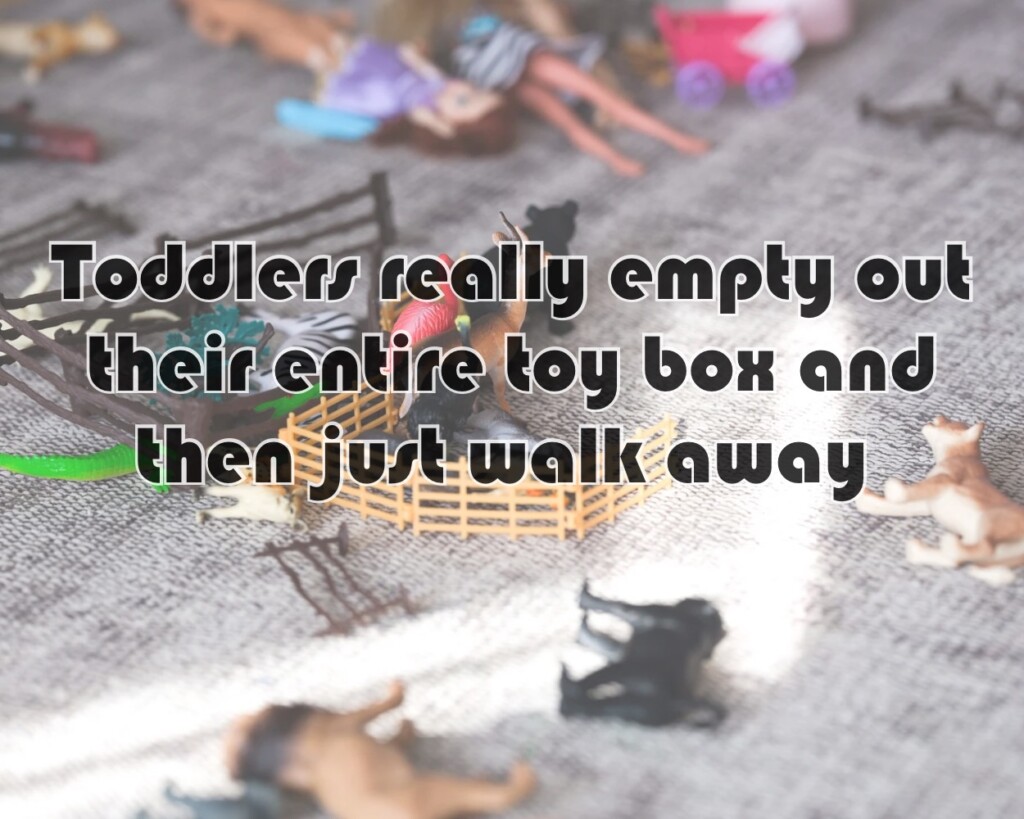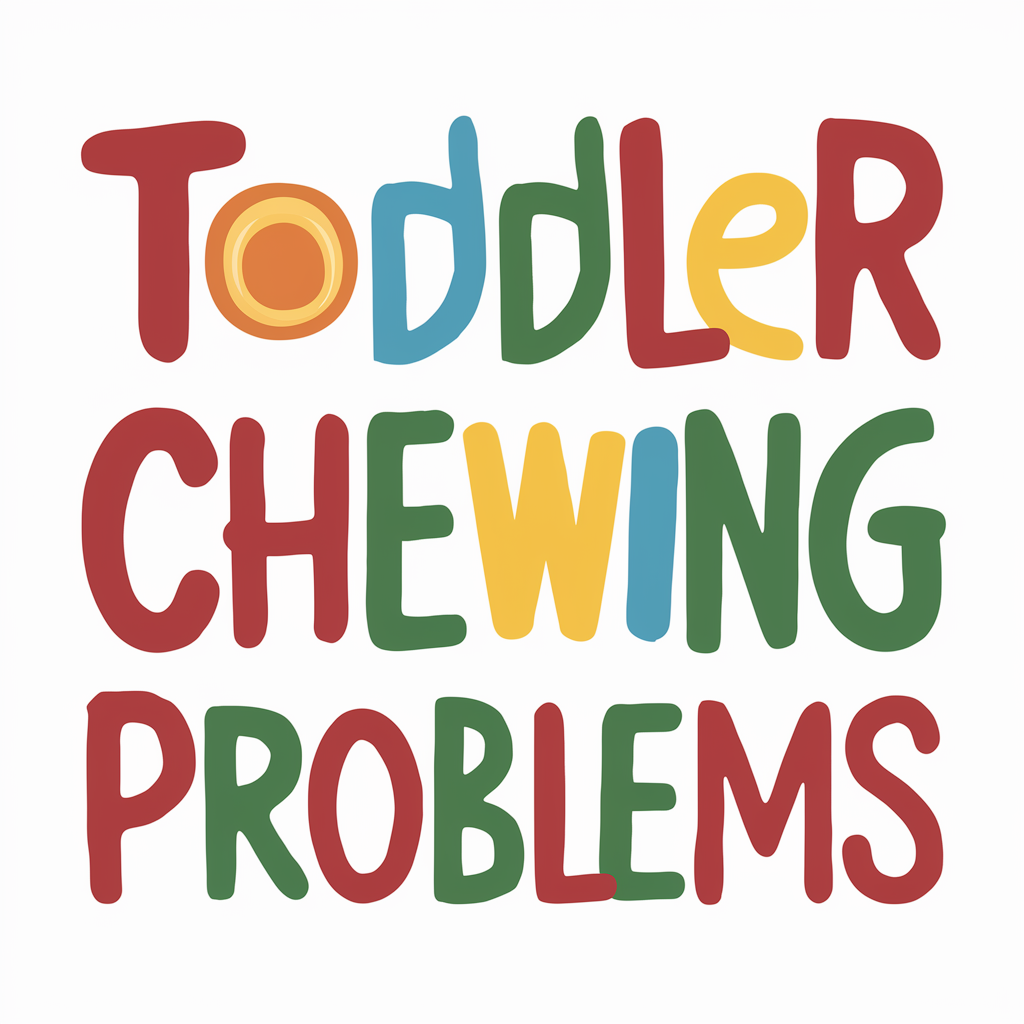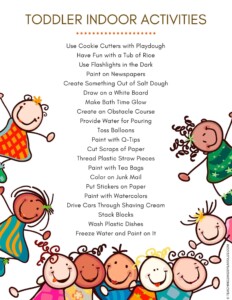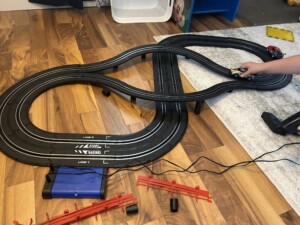The chaos of toddler playtime is a universal experience that many parents can relate to. It’s a scene often filled with laughter, discovery, and, inevitably, a toy-strewn room. Here’s a look at why toddlers might engage in this behavior and how parents can manage the aftermath.
Understanding the Toddler Mindset
Toddlers are at a stage of rapid development and exploration. Their primary way of learning about the world is through play, which often involves taking things out to see them, touch them, and understand them. Emptying a toy box is a perfect example of this exploratory play. It’s not just about playing with the toys but also about the process of exploring what’s inside the box.

The Aftermath: Coping with the Mess
For parents, the sight of toys scattered across the floor can be overwhelming. However, it’s important to remember that this behavior is a normal part of toddler development. Here are some strategies to cope with the mess:
- Routine Clean-Up: Establish a routine where clean-up is a part of playtime. Encourage your toddler to help put toys away, making it a game in itself.
- Limit Choices: Too many options can be overstimulating. Try rotating toys to keep the selection fresh but manageable.
- Organized Play Areas: Use bins and shelves to organize toys, making it easier for toddlers to find what they’re looking for without dumping everything out.
- Positive Reinforcement: Praise your toddler when they play without emptying the toy box, or when they help clean up.
Embracing the Chaos
Sometimes, it’s also about embracing the chaos. These moments, as messy as they are, are fleeting. One day, the toy box will stay neat, and the silence might just be too loud. So while it’s important to teach organization and clean-up, it’s also okay to sometimes let them explore freely—even if it means a little extra tidying up later.

Navigating the Mess: Strategies for Parents
As parents navigate the toddler years, it’s helpful to have strategies in place to manage the inevitable messes that come with this exploratory phase.
Set Clear Boundaries
While exploration is crucial for development, setting boundaries is equally important. Teach toddlers that while they can play, there are rules to follow, like not taking out more toys until they put the previous ones away.
Make Clean-Up Fun
Turn clean-up time into a game. Set a timer and challenge your toddler to put away as many toys as they can before it rings. Singing a clean-up song can also make the process more enjoyable.
Lead by Example
Toddlers learn by imitation. If they see you regularly putting things away and organizing, they’re more likely to follow suit. Make cleaning a family activity.
Use Visual Aids
Pictures of toys on bins can help toddlers understand where items belong. This not only aids in clean-up but also in finding toys, potentially reducing the need to empty the entire toy box.
Encourage Donation
As children grow, they outgrow toys. Involve your toddler in the process of selecting toys to donate. This teaches them about giving and also helps in reducing the clutter.
Understand the Triggers
Pay attention to when the toy box dumping occurs. Is it during a certain time of day or when a specific toy is sought? Understanding these triggers can help in preventing the mess before it starts.

Keep a Sense of Humor
Sometimes, the best way to deal with the chaos is to laugh it off. Keeping a sense of humor about the situation can help alleviate stress and keep the atmosphere at home light and positive.
The toddler years are a time of growth, learning, and yes, messes. While it can be challenging to keep a tidy house during this stage, remember that this phase is temporary. With the right strategies and a bit of patience, parents can help their toddlers learn to play and explore in a way that’s manageable for everyone involved.
Toddlers emptying their toy box is a sign of their curiosity and desire to learn. While it can be messy, with a little structure and a lot of patience, parents can navigate this phase and even enjoy the creative chaos that comes with it.
As an Amazon Associate we earn from qualifying purchases through some links in our articles.



